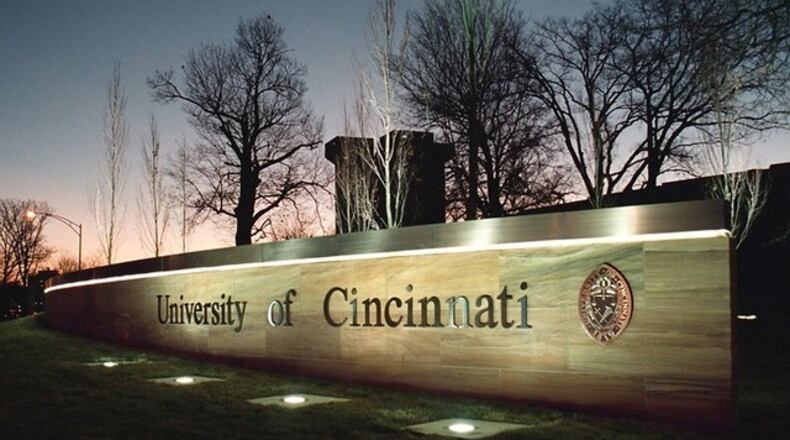“The University of Cincinnati and the University of Dayton are some of Ohio’s great institutions of higher education,” the Cleveland area Democrat said. “This award will help them advance our knowledge and continue Ohio’s leadership in innovation.”
The National Science Foundation supports research and education in all non-medical fields of science and engineering. Most of the funds will go to the University of Cincinnati. The awards include:
- $800,366 grant to the University of Cincinnati to address how the universe began through observing the Amundsen-Scott South Pole Station in Antarctica.
- $499,999 grant to the University of Cincinnati to fund graduate-level education to improve public engagement with science.
- $249,303 grant to the University of Cincinnati to explore and address negative mental health experiences of minorities in engineering and to promote racial equity in the discipline.
- $338,076 grant to the University of Dayton to develop handheld sensors that will assist with cancer diagnostics, infectious disease and opioid diagnostics, and environmental pollution monitoring.
These grants will help prevent research talent loss due to job market disruptions caused by the pandemic, Brown said.
About the Author

